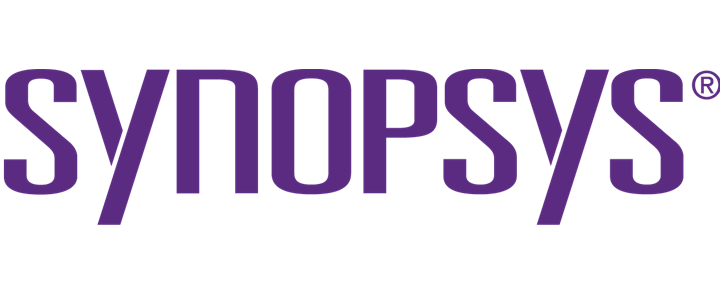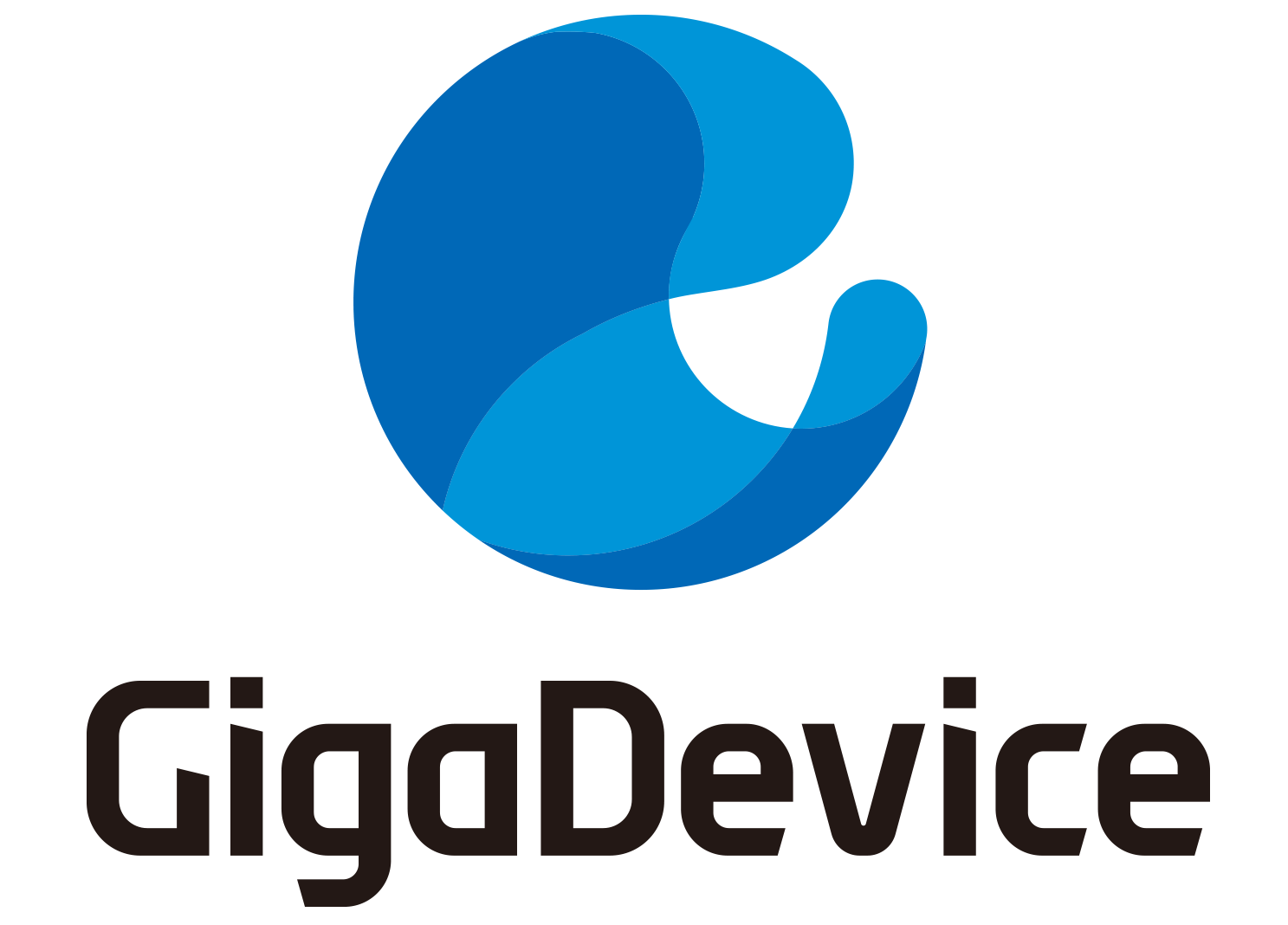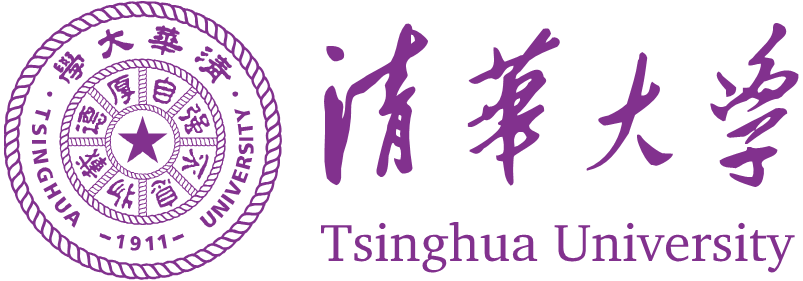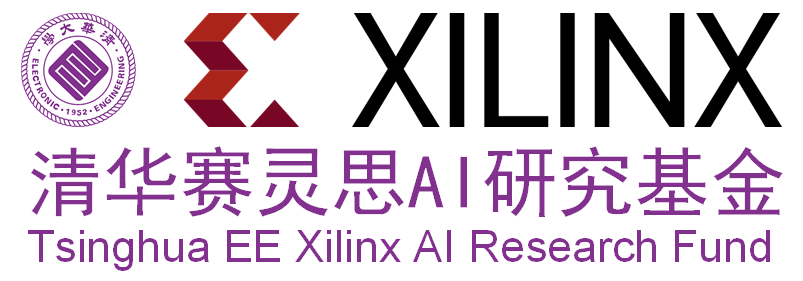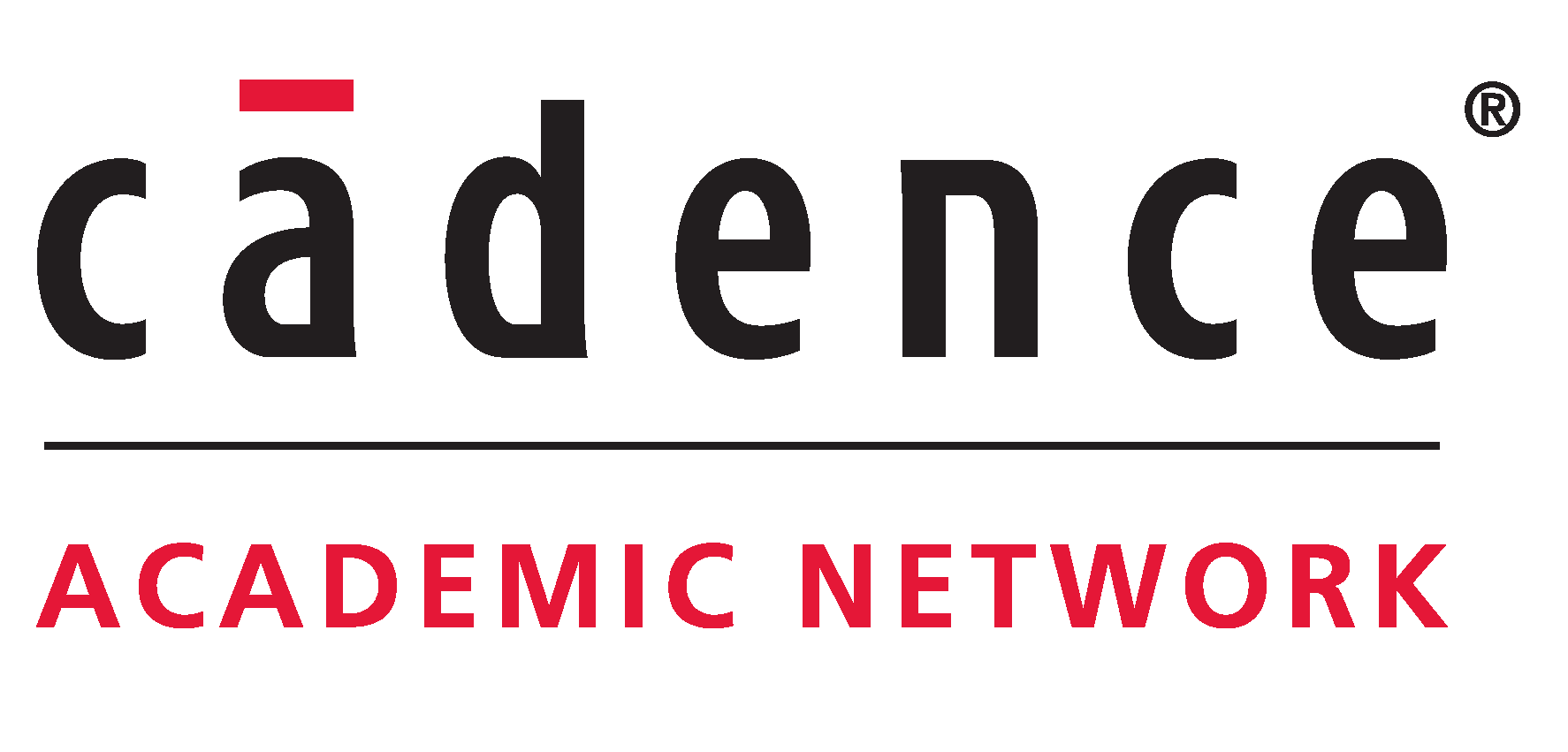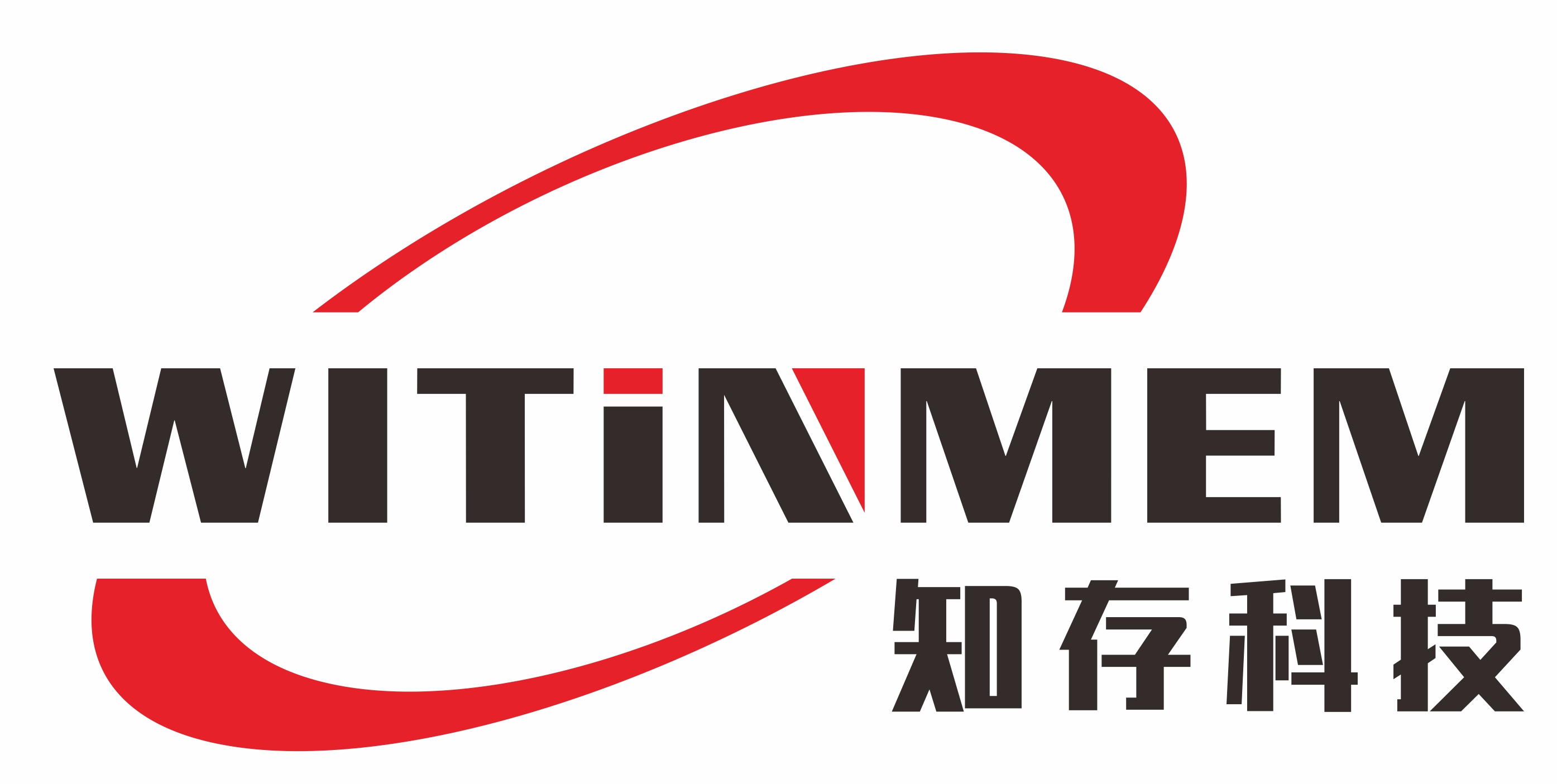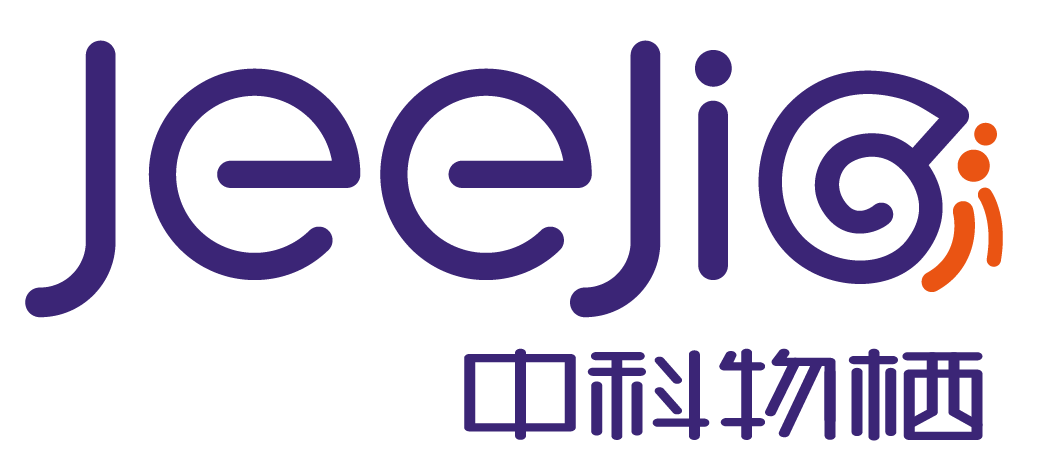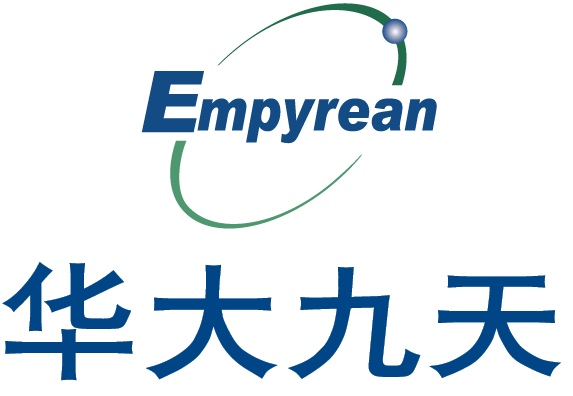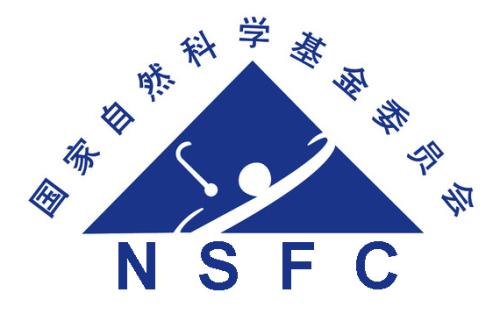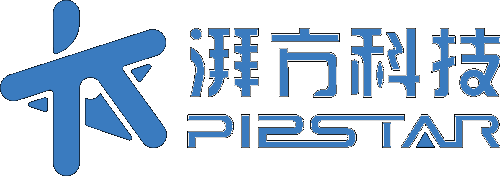Student Research Forum
ACM SIGDA Student Research Forum at ASP-DAC 2020
The Student Research Forum at the ASP-DAC is renovated from a traditional poster session hosted by ACM SIGDA for Ph.D. students to present and discuss their dissertation research with experts in system design and design automation community. Starting from 2015, the forum includes both Ph.D. and M.S. students, offering great opportunity for the students to establish contacts for their future career. In addition, the forum helps the companies and academic institutes to get an overview of the latest research and discover the extraordinary candidates for their employment. The forum is open to all students of the relevant research community and is free-of-charge.
- Date and Time: 18:15-20:00, January 14, 2020
- Location: Room 308 [Food will be served]
| Poster ID | Title | Presenter | Affiliation |
| W/ Pre-publication Track | |||
| 1 | LanCe: A Comprehensive and Lightweight CNN Defense Methodology against Physical Adversarial Attacks on Embedded Multimedia Applications | Zirui Xu | George Mason University |
| 2 | Enhancing and Accelerating Design Automation with Machine Learning and Unified Optimization | Yuzhe Ma | The Chinese University of Hong Kong |
| 3 | Response Time Analysis and Communication Optimization on NoC-based Multi-Core Platforms | Peng Chen | Chongqing University |
| 4 | A Wear Leveling Aware Memory Allocator for Both Stack and Heap Management in PCM-based Main Memory Systems | Wei Li | Wuhan University |
| 5 | Reducing Write Amplification for Inodes of Journaling File System using Persistent Memory | Chaoshu Yang | Chongqing University |
| 6 | HyPar: Towards Hybrid Parallelism for Deep Learning Accelerator Array | Linghao Song | Duke University |
| 7 | Archivist: A Machine Learning Assisted Data Placement Mechanism for Hybrid Storage Systems | Jinting Ren | Chongqing University |
| 8 | EMC: Energy-aware Morphable Cache Design for Non-volatile Processors | Weining Song | Shandong University |
| 9 | Statistical Property Enhancement in Memristor-based Physically Unclonable Functions with Timing Variability | Ha-Phuong Nguyen | Yeungnam University |
| 10 | Astraea: Self-balancing Federated Learning for Improving Classification Accuracy of Mobile Deep Learning Applications | Moming Duan | Chongqing University |
| 11 | Temperature Sensor Assisted Lifetime Enhancement of Satellite Embedded Systems via Multi-Core Task Mapping and DVFS | Beomsik Kim | Ajou university |
| 12 | Test Generation for Hardware Security Validation | Yangdi Lyu | University of Florida |
| 13 | Co-Design of Hardware Implementation and Training Framework for Neural Network-Inspired Analog-to-Digital Conversion | Weidong Cao | Washington University St. Louis |
| 14 | Scaling SoC Verification through Instruction-Level Hardware Models | Yue Xing | Princeton University |
| 15 | Modular SSD Firmware with ISP Framework and Security-Aware SPM Management | Thomas Haywood Dadzie | Hanyang University |
| 16 | An Improved Parallel Floating Random Walk Based Capacitance Solver for VLSI and Flat Panel Display | Mingye Song | Tsinghua University |
| 17 | Re-Tangle: A ReRAM-based Processing-in-Memory Architecture for Transaction-based Blockchain | Qian Wang | Shandong University |
| 18 | Audio Adversarial Examples Generation with Recurrent Neural Networks | Po-Hao Huang | National Tsing Hua University |
Sponsor
Cadence is the industry sponsor of the SIGDA Student Research Forum at ASP-DAC 2020. Cadence enables electronic systems and semiconductor companies to create the innovative end products that are transforming the way people live, work and play. Cadence’s software, hardware and semiconductor IP are used by customers to deliver products to market faster. The company’s Intelligent System Design™ strategy helps customers develop differentiated products—from chips to boards to intelligent systems—in mobile, consumer, cloud, data center, automotive, aerospace, IoT, industrial and other market segments. What really sets Cadence apart is their culture; For four consecutive years, Cadence has been recognized as one of Fortune Magazine's 100 Best Companies to Work For!
Join us at the SIGDA Student Research Forum on January 14, 2020 to learn more about Cadence and network with industry experts and Cadence executives.
COMMITTEE MEMBERS
We would like to thank the following committee members for their support and contribution to this forum.
- Chair:
- Hyung Gyu Lee, Daegu University, Korea
- Co-Chair:
- Weichen Liu, Nanyang Technological University, Singapore
- Lei Jiang, Indiana University Bloomington, US
- Technical Committee:
- Hiromitsu Awanon, The University of Tokyo, Japan
- Luan Huu Kinh Duong, Nanyang Technological University, Singapore
- Liang Shi, East China Normal University, China
- Xianzhang Chen, Chongqing University, China
- Chun-Han Lin, National Taiwan Normal University, Taiwan
- Sicheng Li, Hewlett Packard Labs, US
- Wanli Chang, University of York, UK
- Donkyu, Baek, Politecnico di Torino, Italy
- Muhammad Shafique, Vienna University of Technology, Austria
- Lei Yang, George Washington University, US
- Qingan Li, Wuhan University, China
- Hsiang-Yun Cheng, Academia Sinica, China
- Weiwen Jiang, University of Notre Dame, US
- Xiang Chen, George Mason University, China
- Yuan-Hao Chang, Academia Sinica, China
- Bei Yu, The Chinese University of Hong Kong, China
- Sudipta Chattopadhyay, Singapore University of Technology and Design, Singapore
- Yi-Jung Chen, National Chi Nan University, Taiwan
- Masashi Tawada, Waseda University, Japan
- Ren-Shuo Liu, National Tsing Hua University, Taiwan
- Donghwa Shin, Soongsil University, Korea
- Ann Gordon-Ross, University of Florida, US
- Jaehyun Park, University of Ulsan, Korea
- Ming-Chang Yang, The Chinese University of Hong Kong, China
- Yukihide Kohira, The University of Aizu, Japan
- Hoeseok Yang, Ajou University, Korea
- Shao-Yun Fang, National Taiwan University of Science and Technology, Taiwan
- Qian Zhang, University of California, Los Angeles, US
- ASP-DAC Liaison:
- Jiang Xu, Hong Kong University of Science and Technology, Hong Kong

